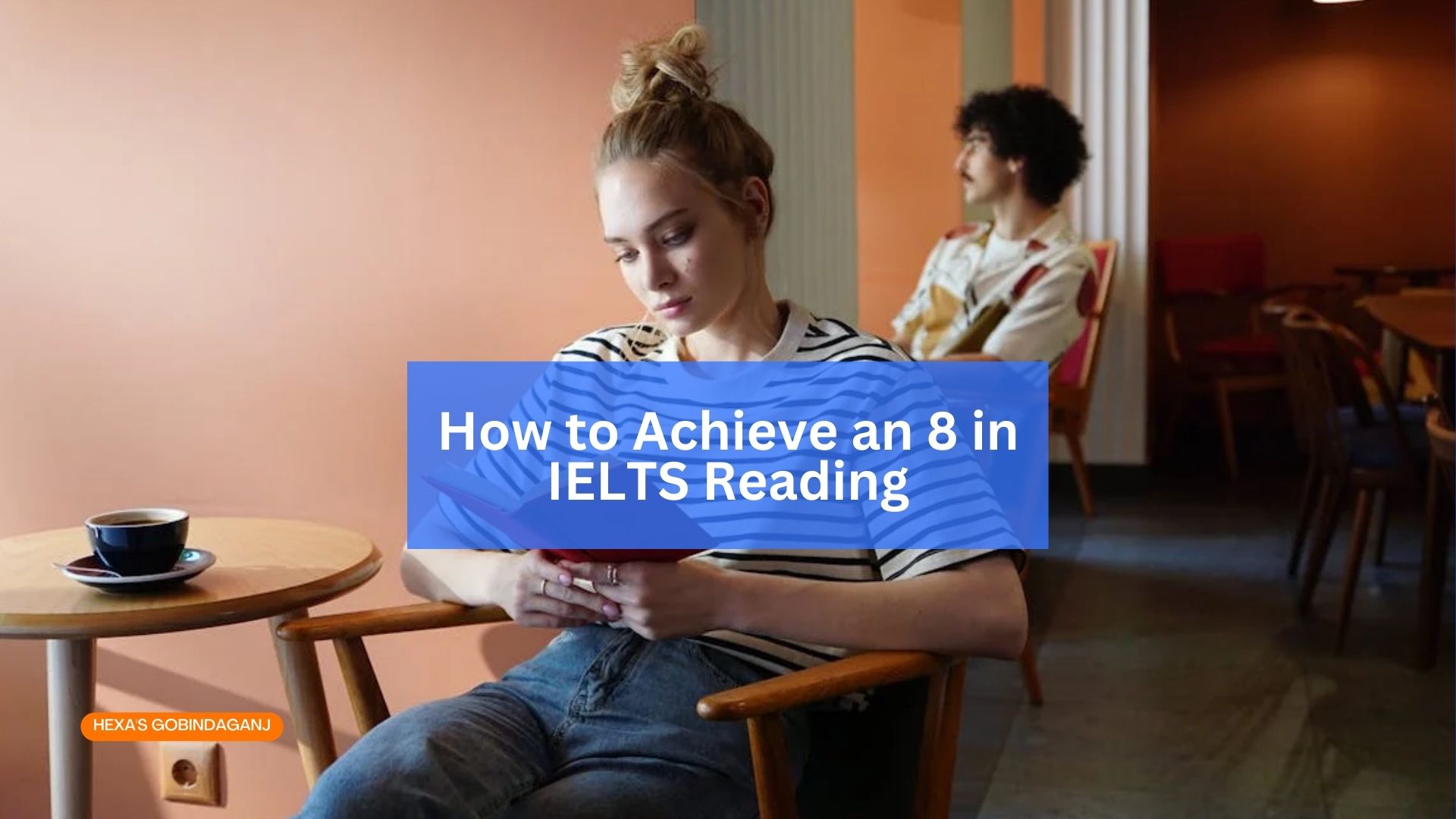
Understanding the IELTS Reading Test
The IELTS Reading test is designed to assess a wide range of reading skills, including reading for gist, reading for main ideas, reading for detail, skimming, understanding logical argument, and recognizing writers' opinions, attitudes, and purpose. The test is divided into three sections, each with increasing difficulty, and consists of 40 questions.
Test Format and Sections
The IELTS Reading test lasts 60 minutes and includes three reading passages with a variety of question types, such as multiple choice, True/False/Not Given, matching headings, and sentence completion. The passages are taken from books, magazines, journals, and newspapers, covering academic topics for the IELTS Academic version or everyday topics for the IELTS General Training version.
Strategies for Success
Improve Your Vocabulary
A broad vocabulary is crucial for the IELTS Reading test. Regularly read a variety of texts, such as newspapers, academic journals, and books, to expose yourself to new words. Make a habit of noting down unfamiliar words, understanding their meanings, and using them in sentences.
Practice Regularly
Consistent practice is key to success. Use practice tests to familiarize yourself with the test format and question types. Timed practice sessions can help you manage your time effectively during the actual exam.
Develop Skimming and Scanning Skills
Skimming involves quickly reading through a passage to get the main idea, while scanning involves looking for specific information. These skills are essential for answering questions efficiently. Practice these techniques to increase your reading speed without compromising comprehension.
Time Management Tips
Allocate Your Time Wisely
Divide your time evenly among the three sections. Spend around 20 minutes on each passage, including reading the text and answering the questions. If a question is too difficult, move on and return to it later if time permits.
Answer Every Question
There is no penalty for wrong answers in the IELTS Reading test, so make sure to answer every question. If you're unsure of an answer, make an educated guess based on the information provided in the passage.
Common Challenges and How to Overcome Them
Dealing with Difficult Vocabulary
When encountering unfamiliar words, try to infer their meanings from the context. Look at the sentences around the word for clues. Practice this skill regularly to improve your ability to understand challenging vocabulary.
Handling Complex Passages
Complex passages can be intimidating, but breaking them down into smaller sections can help. Read one paragraph at a time, summarize its main idea, and then move on to the next. This approach makes the passage more manageable and aids in comprehension.
Frequently Asked Questions (FAQs)
How can I improve my reading speed for the IELTS Reading test?
Improving reading speed involves regular practice and developing skimming and scanning skills. Set a timer while practicing to gradually increase your reading speed without losing comprehension.
What types of texts are included in the IELTS Reading test?
The IELTS Reading test includes a variety of texts such as articles from newspapers and magazines, book excerpts, and academic journals. The General Training version focuses on everyday topics, while the Academic version includes more complex academic content.
How can I manage my time effectively during the test?
Allocate around 20 minutes for each passage, including reading and answering questions. Practice timed reading sessions to get used to the pace of the test. If you get stuck on a question, move on and come back to it if time allows.
Is it necessary to understand every word in the passage?
No, it's not necessary to understand every word. Focus on understanding the main ideas and how information is connected. Use context to infer the meanings of unfamiliar words and don't get bogged down by difficult vocabulary.
How often should I practice before the test?
Consistency is key. Aim to practice reading daily, using a variety of texts to build your vocabulary and comprehension skills. Take full-length practice tests regularly to simulate test conditions and improve your time management.
By following these strategies and tips, you can enhance your reading skills and increase your chances of achieving an 8 in the IELTS Reading test. Consistent practice, effective time management, and a solid understanding of the test format are crucial components of success. Good luck!